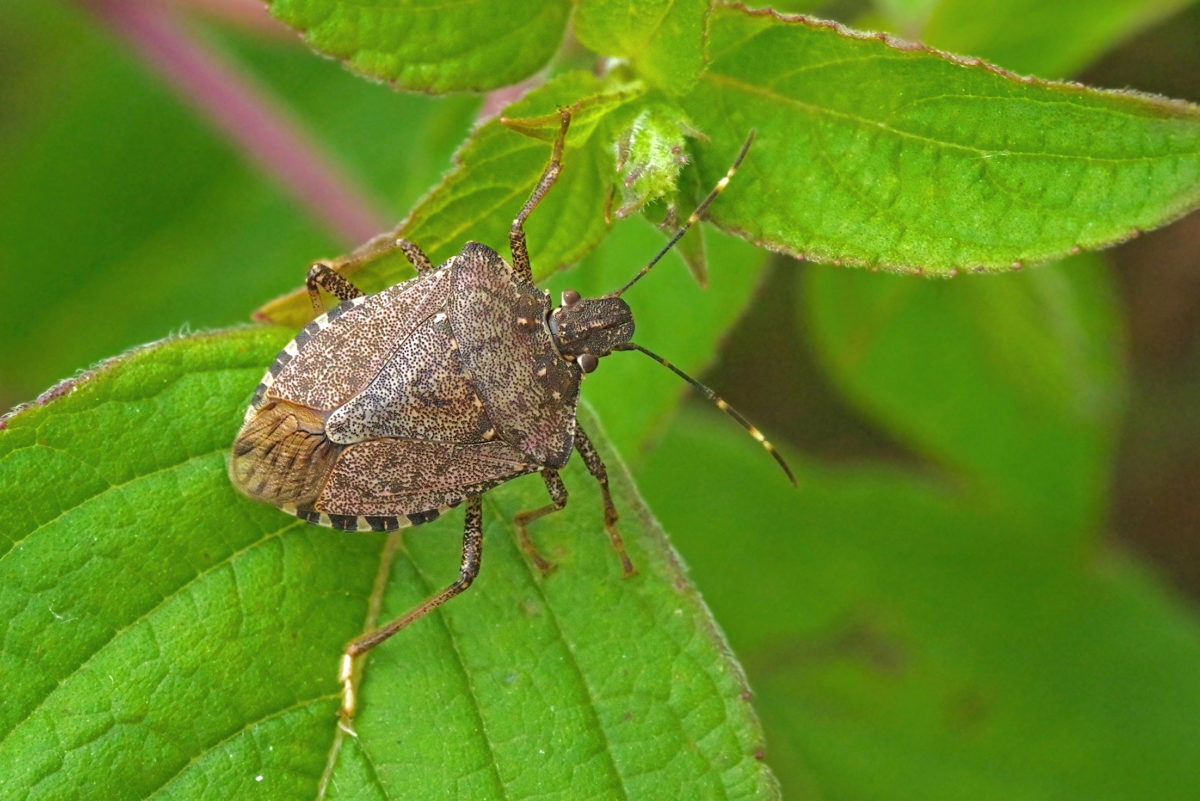A new Centre of Excellence announced by Lincoln University will bring together more than 100 of the world’s top biosecurity researchers and stakeholders to solve some of the toughest challenges facing the agriculture, forestry and environment sectors in Aotearoa and worldwide.
The new Centre for One Biosecurity Research, Analysis and Synthesis (COBRAS), the first of its kind in the world, will consolidate myriad global efforts to predict and mitigate the impact of invasive weeds, animals and pathogens into a centralised hub at Lincoln University.
The COBRAS multi-disciplinary team comprises highly-respected researchers from the domains of animal, environmental and plant health, Mātauraka Māori, economics and climate change, and is led by Distinguished Professor Philip Hulme, one of New Zealand’s leading biosecurity scientists.
COBRAS will work closely with relevant Ministries, industry, regional councils and iwi, as well as international partners – for example the Australian Centre of Excellence for Biosecurity Risk Analysis.
Professor Hulme said COBRAS had been established to answer a pressing need for a coordinated global response to address the growing biosecurity risks to animal, plant and environmental health.
“The Sars-CoV-2 pandemic has highlighted the need to more effectively protect international and national borders against invasive species which can cause multiple impacts to people, plants and animals, with significant sociological, political and environmental implications.
“We recognise that we need to act collectively and cooperatively to mitigate these impacts, yet strong and enduring sectoral silos persist, severely limiting our ability to mount an effective ‘one biosecurity’ holistic approach.
“COBRAS will deliver that ‘one biosecurity’ response, and will at the same time establish Lincoln University as the international leader in land-based interdisciplinary biosecurity policy and research.”
COBRAS will generate accelerated scientific discovery through synthesis, data access and collaboration, implementing an extensive series of question-led workshops to tackle emerging local and international biosecurity issues.
“With teams of researchers and stakeholders from all over the world contributing to COBRAS, the centre will have a consequential and immediate impact on biosecurity science,” said Professor Hulme.
“We have already established links with new interdisciplinary centres in the USA and Chile that are addressing the interface between biosecurity and disease biology as well as biocultural diversity.
“Longer term milestones will include establishing an international collaborative biosecurity research network, a corpus of interdisciplinary publications in high-profile journals and securing ongoing funding.”
COBRAS hosted its first state-of-the-art synthesis workshop at Lincoln University on 20 June, where the key focus for the participants was identifying research priorities across the New Zealand biosecurity system, and the extent to which current expertise meets those needs.
“It is quite clear that the days of lone entomologists or pathologists beavering away in the lab are no longer sufficient to address the social and policy challenges of biosecurity, yet the opportunity to bring different disciplines and ideas to bear on these problems has been missing in New Zealand up until now,” said Professor Hulme.
Lincoln University Centres of Excellence
The launch of the Centre for One Biosecurity Research, Analysis and Synthesis brings the number of Centres of Excellence hosted by Lincoln University to four.
The CoE – Designing Future Productive Landscapes seeks to explore all elements related to the future of agricultural development throughout the world, while considering the sociological context for an evolving world.
The CoE – Food for Future Consumers’ vision is to be recognised as the international centre for research and ideas on all aspects of provenance associated with high value food products from Aotearoa New Zealand.
The CoE – Sustainable Tourism for Regions, Communities and Landscapes conducts research and work related to first-class sustainable tourism opportunities.
Source: Lincoln University












